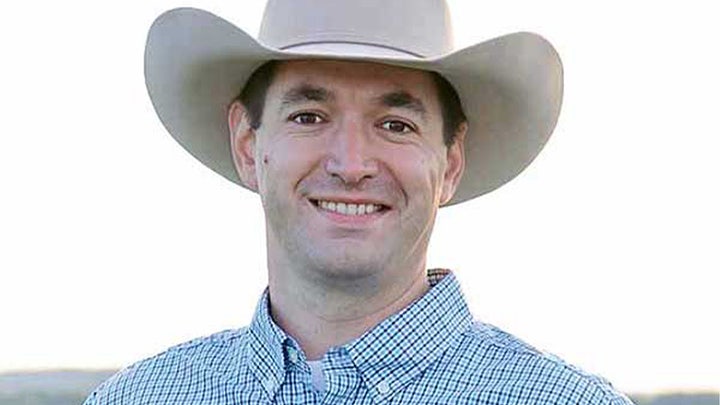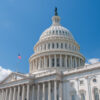Montana AG stands by Tik Tok ban

Montana Attorney General Austin Knudsen has expressed his firm support for the state’s ban on TikTok, despite facing a lawsuit from the company alleging violations of the First Amendment. In an interview with Fox News, Knudsen stated that he does not believe the Chinese Communist Party should have free speech rights under the U.S. Constitution. The ban was implemented after an investigation revealed concerns about TikTok being used by the Chinese government for spying on American citizens and promoting pro-China propaganda. TikTok has denied these allegations and filed a lawsuit claiming that the ban infringes upon the First Amendment.
Knudsen defended the ban by highlighting his investigation’s findings that TikTok is the only social media app that does not offer users the option to opt out of data collection. He asserted that the app can collect sensitive information such as facial recognition data, thumbprints, and all keystrokes on users’ phones. According to Knudsen, TikTok poses a significant risk as it collects extensive data and transmits it directly to the Chinese Communist Party through ByteDance, its parent company.
The ban, scheduled to take effect in January, prohibits the use of TikTok, a popular app among young Americans, and imposes penalties of $10,000 per day on app stores and TikTok itself for each instance of access or download. Knudsen clarified that the ban targets the app rather than its users, and the law includes provisions to lift the ban if TikTok becomes an American company. Critics, including the ACLU, have argued that the law infringes on free speech rights and raises concerns about potential censorship.
Knudsen disagreed with the ACLU’s position, emphasizing that national security takes precedence. He maintained that the ban is unrelated to content but instead focuses on TikTok’s use as a potential spying tool for the Chinese Communist Party. Knudsen further expressed concerns about the type of content exposed to American users, noting the stark difference between the TikTok available in China and the version accessible in the U.S., which reportedly includes dangerous, drug-related, explicit, and pornographic content.
While Knudsen anticipated legal challenges, he acknowledged the need for federal courts to provide clarity on the issues raised by the legislation. He suggested that Congress should have taken action on this matter, emphasizing that the state of Montana had to step up due to the lack of federal intervention. Ultimately, the fate of the TikTok ban in Montana and its potential implications for free speech rights will be determined through legal proceedings and judicial review.
BY: Politics406 Staff









